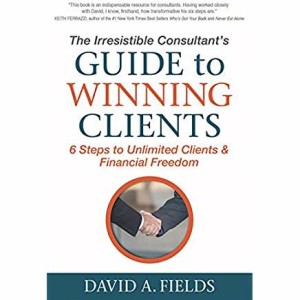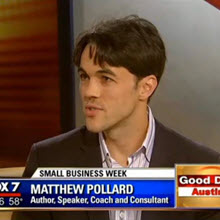
Liston got his start in environmental engineering, and picked up a lot of sales and marketing expertise along the way. He started freelancing as a digital marketer (“I knew enough to be dangerous”) and started an agency.
However, as marketing scales, it becomes less about individual people and more about numbers. He missed the one-on-one interaction, so he started his current venture, to help consultants scale their practices, making him a great fit for Sales for Nerds, since that’s really the whole mission of the podcast.
In this episode, learn:
- About Liston’s life work: understanding how people make decisions and why.
- The three types of consulting founders (and why all of them rely on sales to make money).
- Which is why you need to invest in sales and marketing the same way you invest in your craft.
- How you can be more proactive in generating referrals and word-of-mouth type sales, instead of waiting passively for that business to come to you.
- How to use inbound and outbound strategies together, and why they are both important.
- To quote @garyvee, “Businesses won’t survive unless they’re media companies.” (Or, as I wrote a couple years ago, every company is a media company.)
- How to deal with your fear of entering the media world.
- The one critical thing you need more of to get more clients.
- Liston’s simple, attainable, really strong outbound sales strategy that you can start doing right now.
- How to handle inbound inquiries better.
- Much, much more…
The Wine Whisky
Liston brings some Kentucky bourbon– Ri(1) (pronounced Rye-one).

I was all out of Lagavulin, perhaps my favorite Scotch, but I did have some Lagavulin Distiller’s Edition laying around, which brings a bit more sherry flavor to the peaty intensity of Lagavulin. I think this is probably the most expensive bottle I’ve featured on the podcast, although on a per-serving basis, whisky is a pretty good value. 😉

And, if you’re in Portland and like whisk{e}y, Liston recommends the Multnomah Whisk{e}y Library, where just the Scotch section of the menu runs 20 pages.

Where to find Liston:
- Liston.io (how easy is that?)
- @law4
- Liston’s podcasts (this guy is busy):
- Modern Sales
- Consulting Growth (I was actually on this podcast talking about proposals. I think this was recorded after Liston came on Sales for Nerds, but because of Liston’s relentless pace, that episode came out before this one.)
- Offline (done with Philip Morgan)

Where you can find Reuben: @Sales4Nerds, @Mimiran, Mimiran.com (the easy CRM for people who are awesome at serving clients but would love some help getting more). You can also listen on Overcast, or Subscribe on Android, or Player.fm.
If you’ve ever struggled with a proposal, check out the “official” Sales for Nerds online course on Sales Proposals the Right Way (coupon link for listeners).
Get alerted when there are new episodes (1x/month):

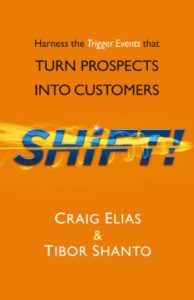
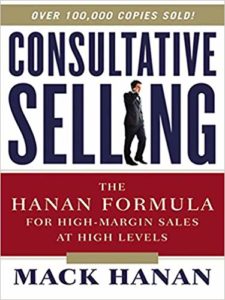
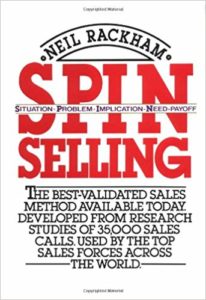
 Joy Beatty insists she is not a VP of Sales. Or Marketing. Even though she runs both teams for Seilevel, a requirements consulting firm that helps companies complete big software project successfully by actually having the right requirements in place. (For people who have never been involved in these big projects, this probably sounds crazy. For people who have, you know how important it is.)
Joy Beatty insists she is not a VP of Sales. Or Marketing. Even though she runs both teams for Seilevel, a requirements consulting firm that helps companies complete big software project successfully by actually having the right requirements in place. (For people who have never been involved in these big projects, this probably sounds crazy. For people who have, you know how important it is.)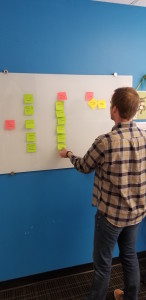




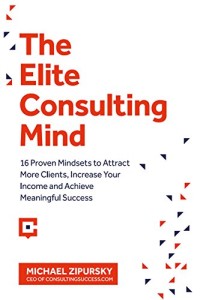


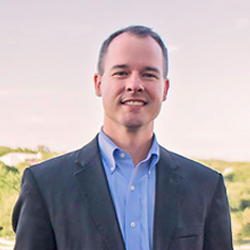
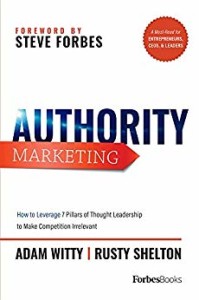 Authority Marketing: How to Leverage the 7 Pillars of Thought Leadership to Make Competition Irrelevant
Authority Marketing: How to Leverage the 7 Pillars of Thought Leadership to Make Competition Irrelevant Monte Real Rioja 2009 from Spain. Delicious, a bit of BBQ and smoke. Feels right at home in the Texas summer.
Monte Real Rioja 2009 from Spain. Delicious, a bit of BBQ and smoke. Feels right at home in the Texas summer.
